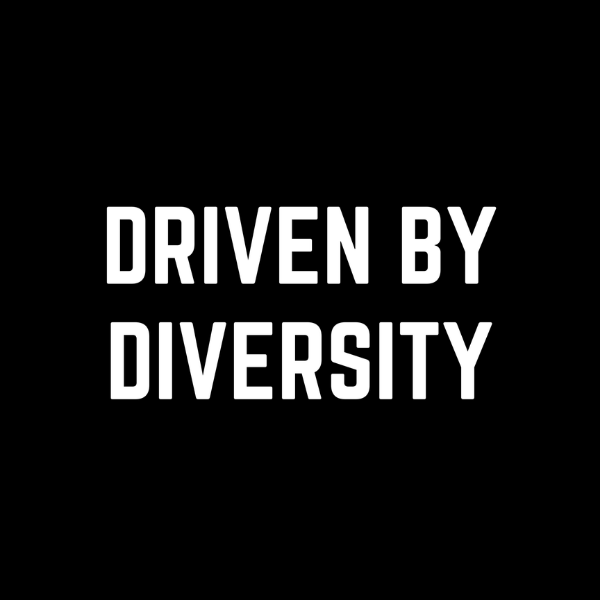With the start of the new season still over one month away, video game developer Codemasters has done its best to satisfy our Formula One needs by releasing a behind the scenes look at the making of the official game, F1 2016. The game is the closest most of us will get to a F1 car, and if my virtual driving is anything to go by maybe that’s a good thing.
Since 2009, Codemasters has provided a platform for all daydream-world champions to put their money where their mouth is. It’s very easy to sit at home criticising X for his haphazard lunge down the inside, or Y for being too reserved. But if there’s one thing that the game teaches us, it is that being a race driver is a lot harder than it looks. And so too is the journey from circuit to console.
Without question, the most important part of the game is the car. But the team of designers must wait until the official launching before they can even start to think about humpback noses or wider wings. Once the car has been publicly unveiled, they then set about transforming the crude CAD data and reference images into a computer-generated asset that is a true replica of its physical counterpart; from wing angles to sponsor positioning, it is all taken into account.
“As the new cars are launched, each race team send us high resolution CAD models of their car along with sponsor graphics and reference material to define the exact placement of the logos”, said senior artist Matthew Jones.
“With this high quality reference material we are able to perfectly represent each car in game. Once each model is complete the teams get the chance to see the completed car and approve it for use in the game. Even after the game is launched we continue to work with the teams and update the cars with the latest aero package or new sponsors to keep the game as up to date as we can.”

Credit: Codemasters
The modelling of the drivers is no less technical. Each driver is sat down and photographed from a multitude of angles to ensure the replication is as life-like as possible. And it’s not only the drivers who receive this special treatment. In the 2016 release, team principals can now be seen casually hanging around in the motorhome, so they too have found themselves under the scrutiny of the lens.

Credit: Codemasters
Finally attention turns to apparel and working areas. Again, the same attention to detail is applied to the gloves, overalls, helmets and garages, ensuring the drivers have something to wear and somewhere to park.
“We work directly with the teams to replicate all of the team wear, branding and accessories for the game”, lead artist Mark Hancock explained.
“The branding is incredibly important for team recognition, so we make sure that everything is authentic down to logos, clothing liveries, face likenesses, accessories etc. The team works with us to provide us full reference and access to be able to recreate their team liveries as closely as possible.
“The liveries and logos change throughout the season and so our reference is regularly updated. Having good contact with the team allows us to make sure that we are as up-to-date as possible. “

Credit: Codemasters
Cooperation between the developer and teams continues right up until the release date, with both parties relaying any changes to one another in order to maintain the game’s accuracy; it is also an opportunity to show off some snazzy screenshots and gameplay videos. Codemasters are the first to admit that it is this close collaboration that makes the game the stellar title that it is. Long may it continue.



